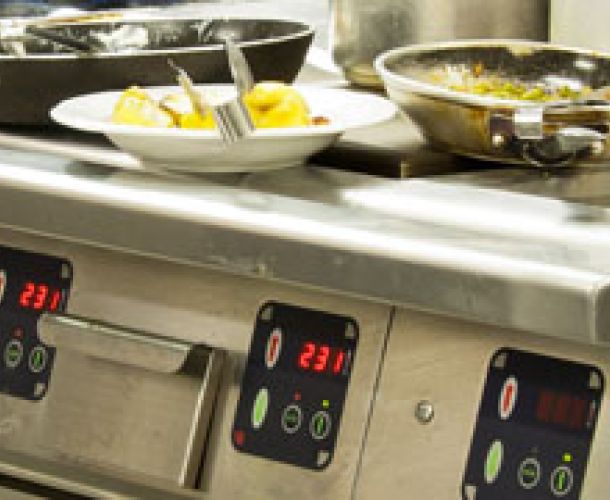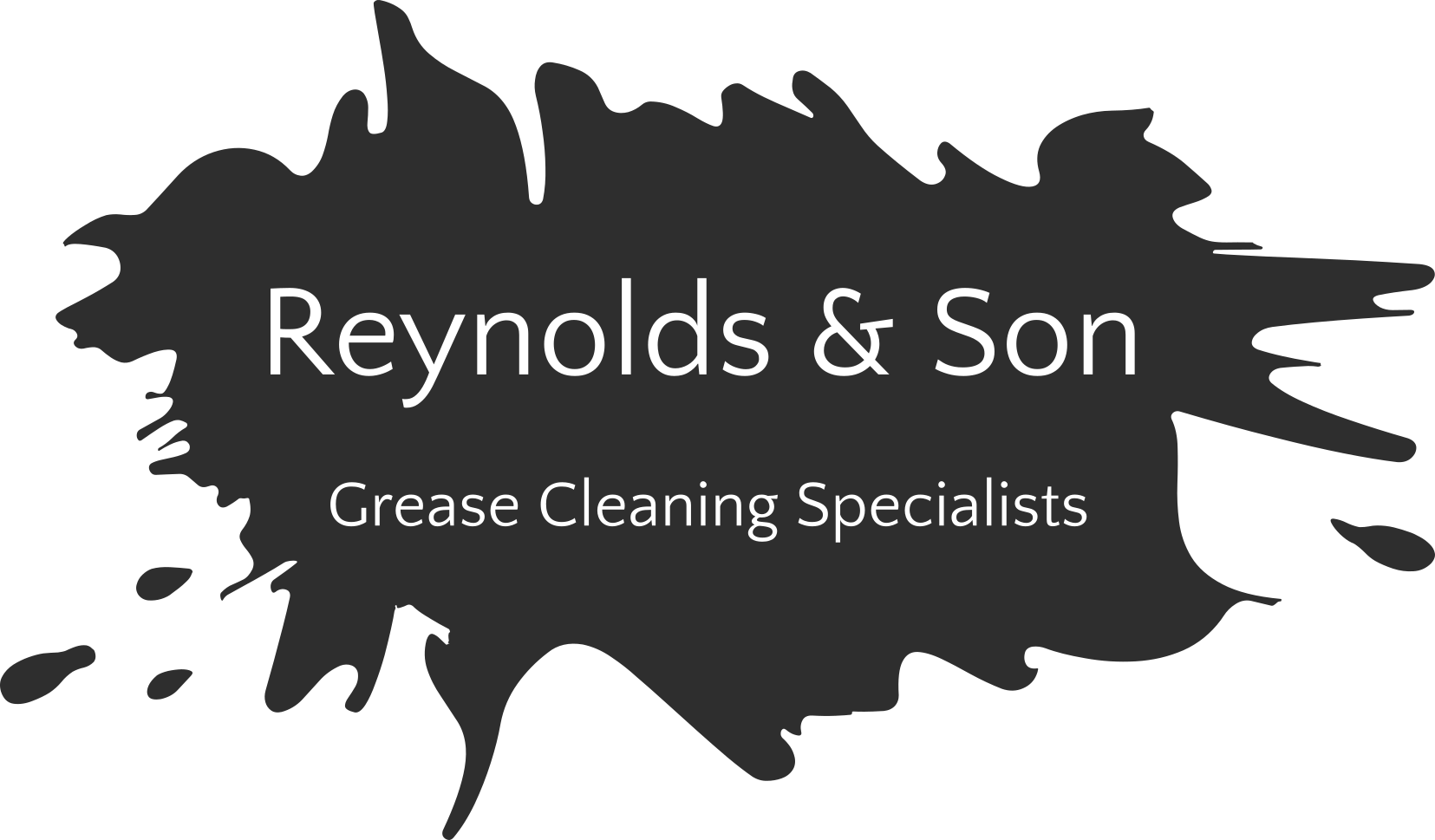Fire Safety Extraction
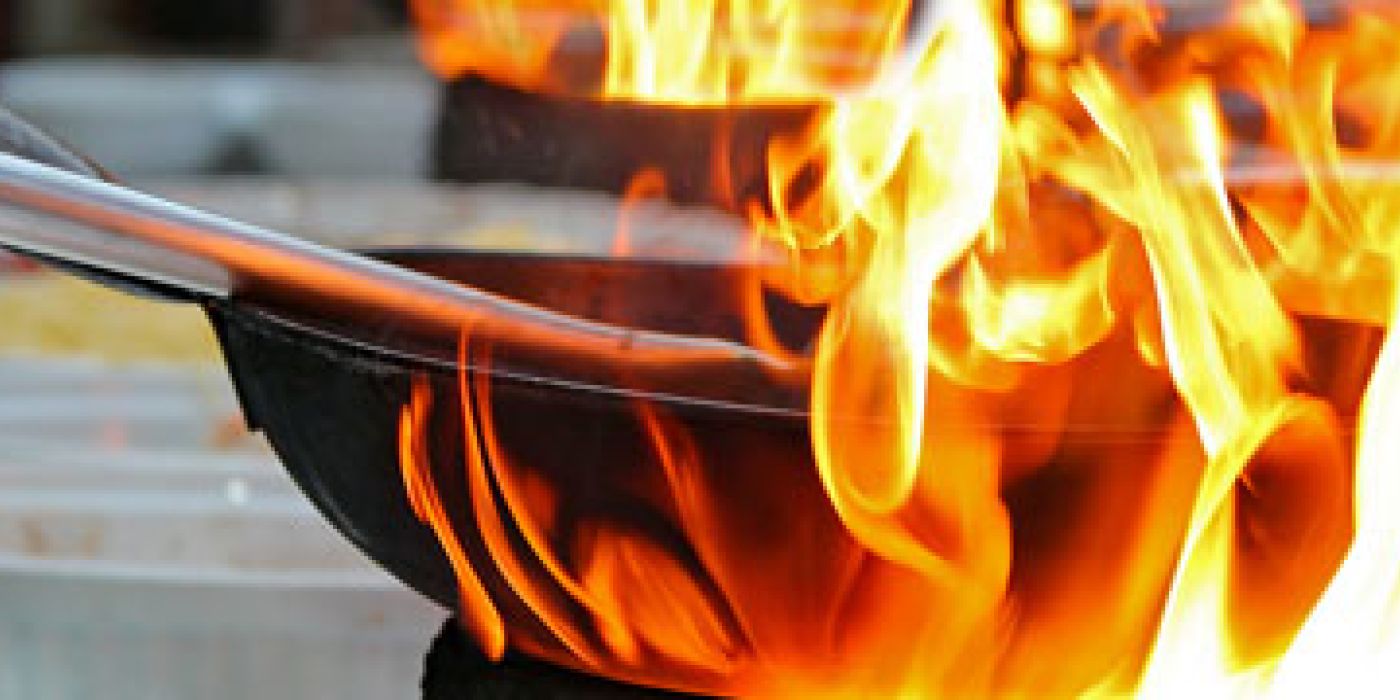
DO I NEED EXTRACTOR FAN CLEANING FOR FIRE SAFETY?
The Regulatory Reform (Fire Safety) Order 2005 states that a fire risk evaluation must be carried out by law. This requires the building’s owner or office manager to entrust a responsible individual. They will recognise all sources of fire and get rid of, or at the very least minimise the danger to the building’s residents.
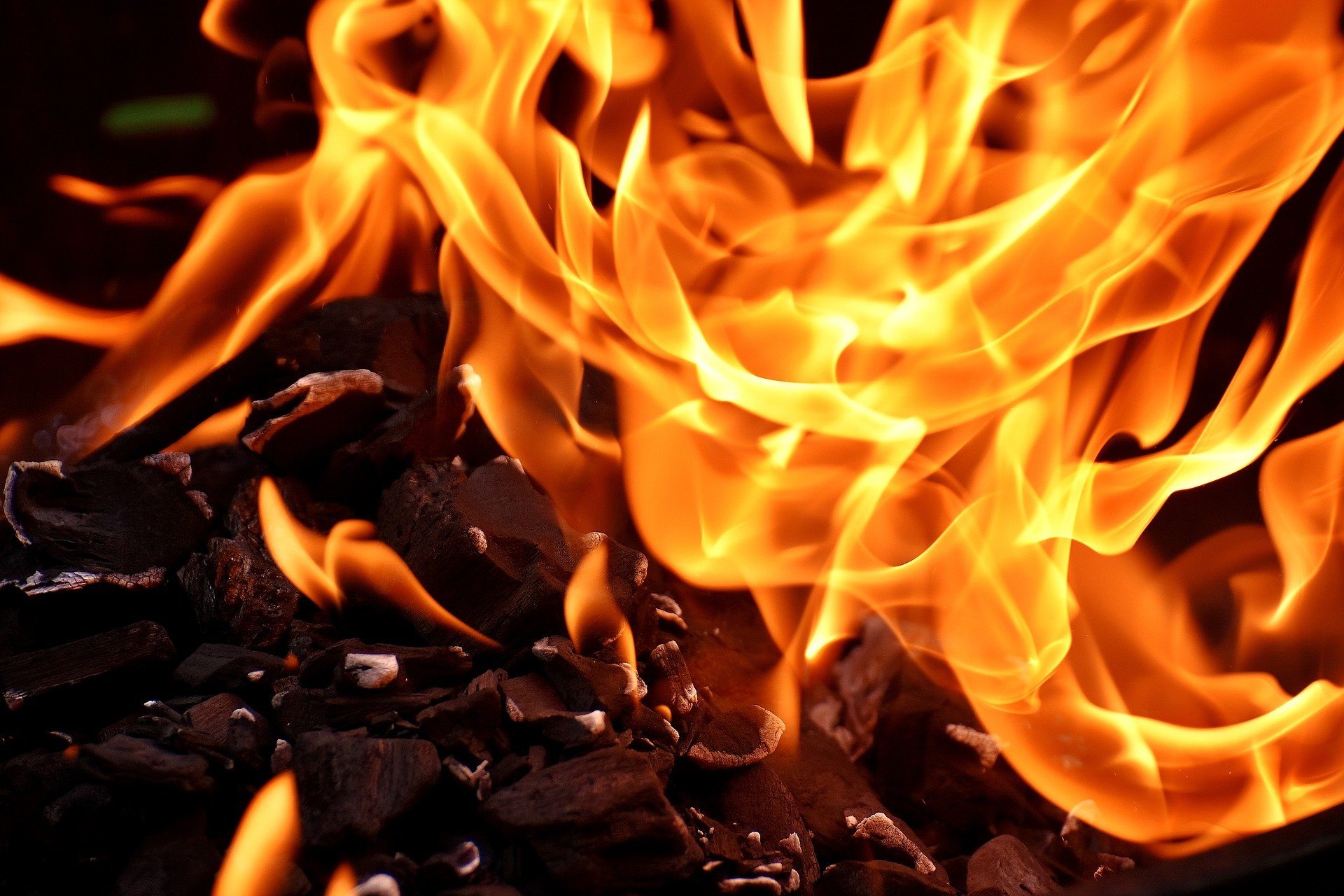
Routine kitchen extraction cleaning will certainly get rid of one of one of the most common causes of fire within the kitchen. We are progressively seeing proof that failing to clean your system can be harmful. If it is not cleaned by a specialist accredited kitchen extraction cleaning company it invalidates insurance coverage after fires.
Routine kitchen extraction cleaning is crucial. This is to guarantee the safety and security of the structure. It ensures that owners are not in danger from a fire brought on by grease build up in the extraction system.
Extraction system filters can never remove all vaporised grease. This, along with particles, condenses onto the cover plenum, air duct and fan surface areas.
This accumulation currently just requires warmth to activate off a frightening procedure. A stimulate or fire is not required for spontaneous combustion to happen.
The grease in the air duct acts as a fuse, carrying fire with the duct and the structure. Fire, smoke and hot gases may break out at any kind of infiltration, opening, joint or discharge point. These also follow the heat-induced collapse of ductwork.
Temperature levels as much as 1200 deg C transmit heat through the steel. This will distort, damage or fire up nearby materials. This includes duct hangers, packaging materials, electric systems and litter.
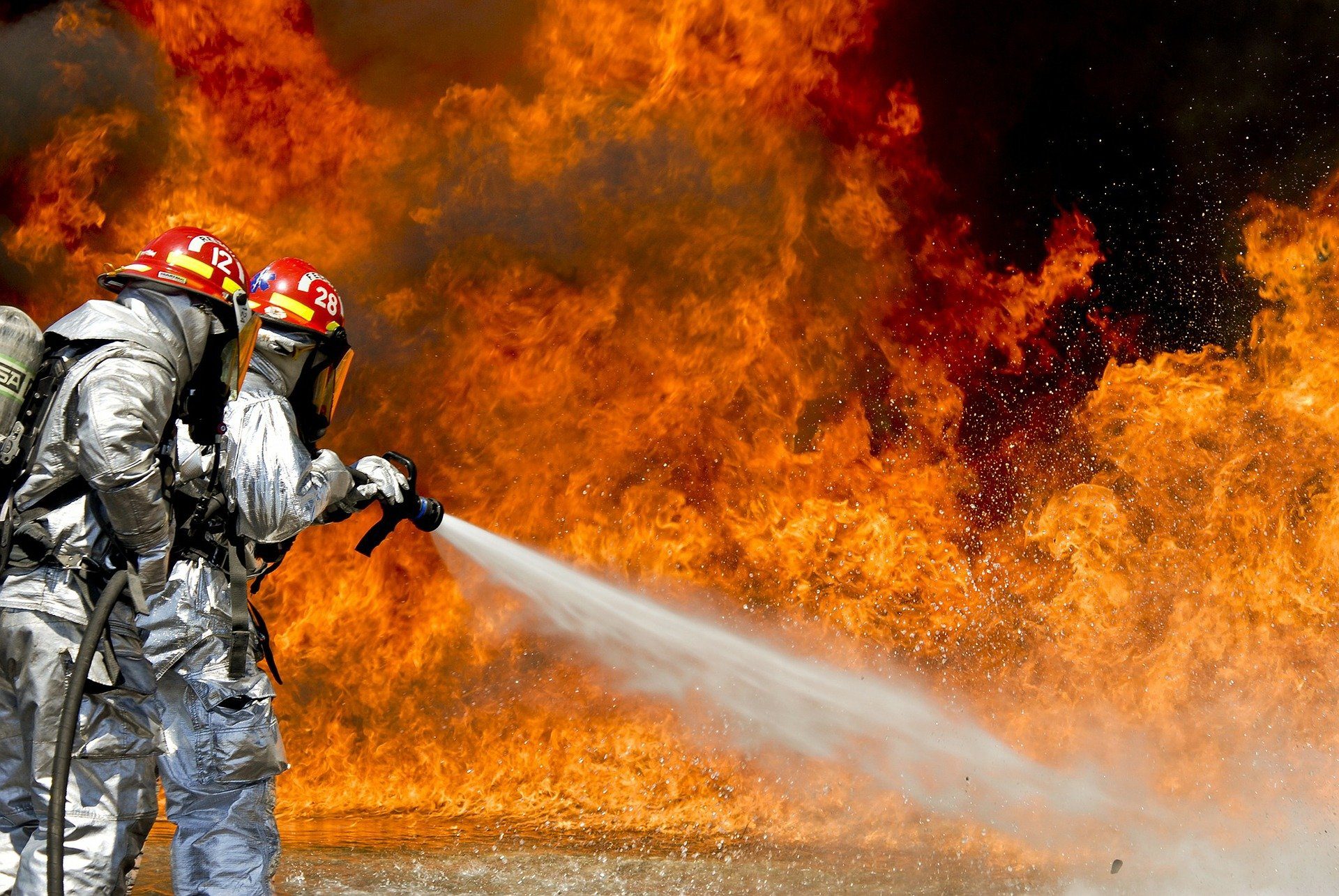
In this way the fire could spread out rapidly, complying with the air duct path which might be hard and harmful for fire fighters to gain access to.
What are the Fire risks?
Although the filters work very well, they cannot completely remove the grease and fat from the air. Over time, there will be a layer of grease that has formed on the ventilation ducts and extractor fans.
If a fire does occur within the ductwork, this cannot be easy to stop. Many types of ductwork are made to be inaccessible for the most part, and the fires can spread into other buildings from the ductwork if it is not put out as soon as possible.
If any fire does occur within the ductwork, this usually means the business that it has occurred within will have to shut down for a few days or more to ensure that the equipment is safe and repaired. This can cost a lot of money in some circumstances.
How Does Grease become a fire hazard?
For a vapour to ignite, the ignition source must be hotter than the oil or grease to reach the fire point. The fire point is the temperature that the vapour must reach for it to continue to burn after its original ignition. For the fire to be self-sustaining, the weather must be a little hotter than the flashpoint.
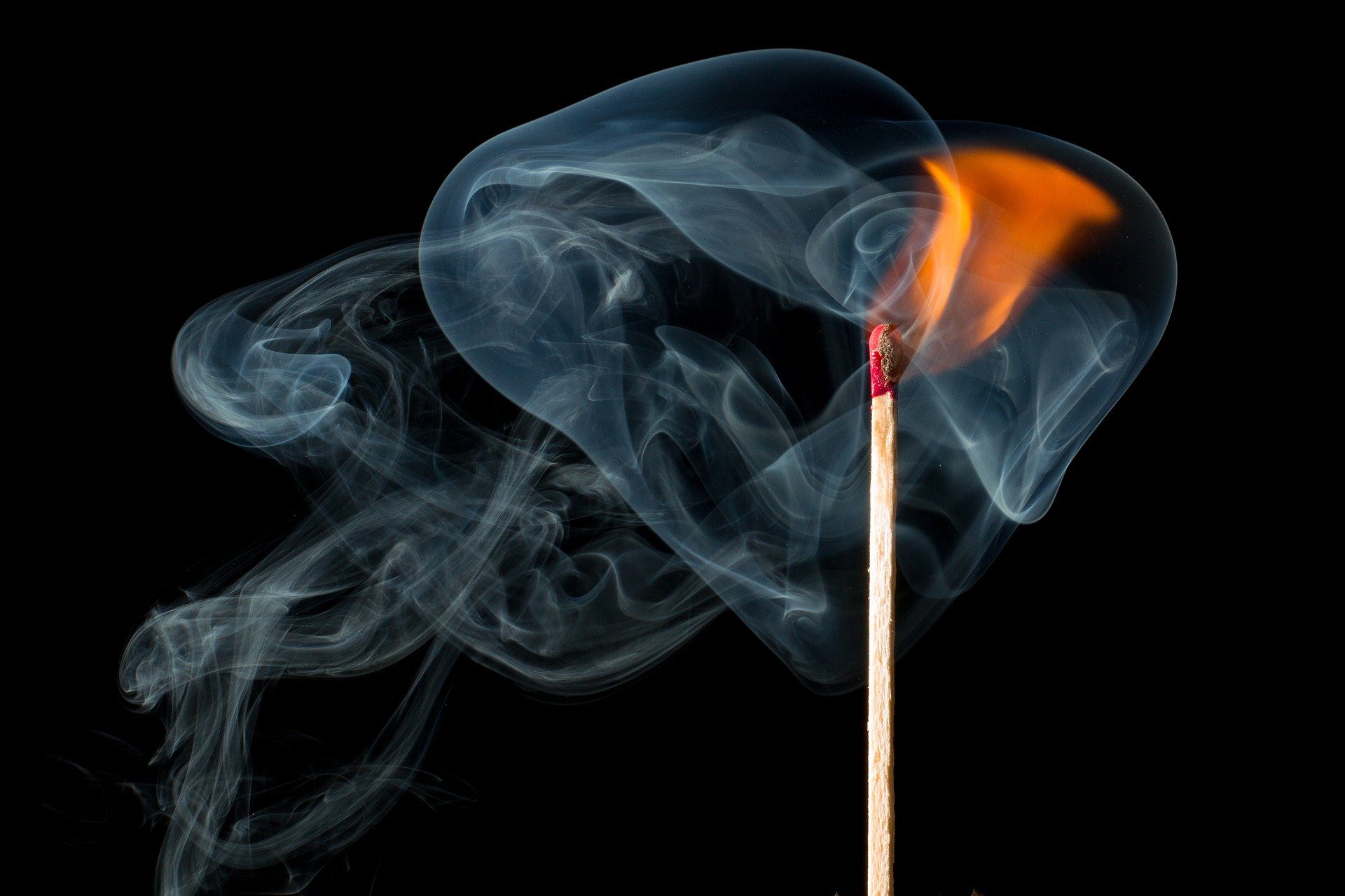
The flashpoint is when the flammable liquid is at its lowest temperature, where it can still form an ignition within the air. If a flareup from the grills reaches the grease stored in the ventilation system, it can easily set this on fire and take a while to burn out. The grease residue is usually combustible at a temperature around 370 °C.
Why kitchen extraction need cleaning and maintenance?

There are a few reasons why the kitchen extraction needs cleaning and maintenance services. Reducing the risk of fire is very important. By carrying out simple cleaning and maintenance on the extraction system, you remove a lot of the grease and remove many risks to a fire starting.
Reducing the build-up of grease and bacteria within the kitchen. Having a build-up of bacteria and grease within the extraction system can cause some health hazards and cause some people to become ill. Therefore removing these is very important.
Under the Regulatory Reform (Fire Safety) Order 2005, all of your extractor systems must be included within your fire risk assessment and any actions that need to be taken to minimise potential fire risks. Not carrying out proper cleaning and maintenance on your extractor systems could violate the Environmental Health Regulations and invalidate your fire insurance policies.
How often should I clean?
Ductwork:If you want the best way to know when you should clean, you should measure the rate at which grease guilds up within the ductwork and use that as an indicator. If this is not possible, then there are some standard options for understanding when they should be cleaned.

A heavy use of the extractor system (12-16 hours per day). You should clean the extractor every three months.
Moderate use of the extractor system (6-12 hours per day). You should clean the extractor every six months.
Light use of the extractor system (2-6 hours per day). You should clean the extractor system every twelve months.
Extract hoods and filters: The extractor hoods and filter should really be cleaned out daily, or check the manufacturers recommendations for the best advice. Also, you should not be cooking without a filter in place.
Does the law require extractor and ventilation cleaning?
Due to the health risks involved with not cleaning the extractor and ventilation systems, many of the inspectors check your restaurant’s ventilation and extractor to see whether it meets the overall cleanliness that is needed. Many inspectors will fail you if the extractor hood looks dirty in any way.
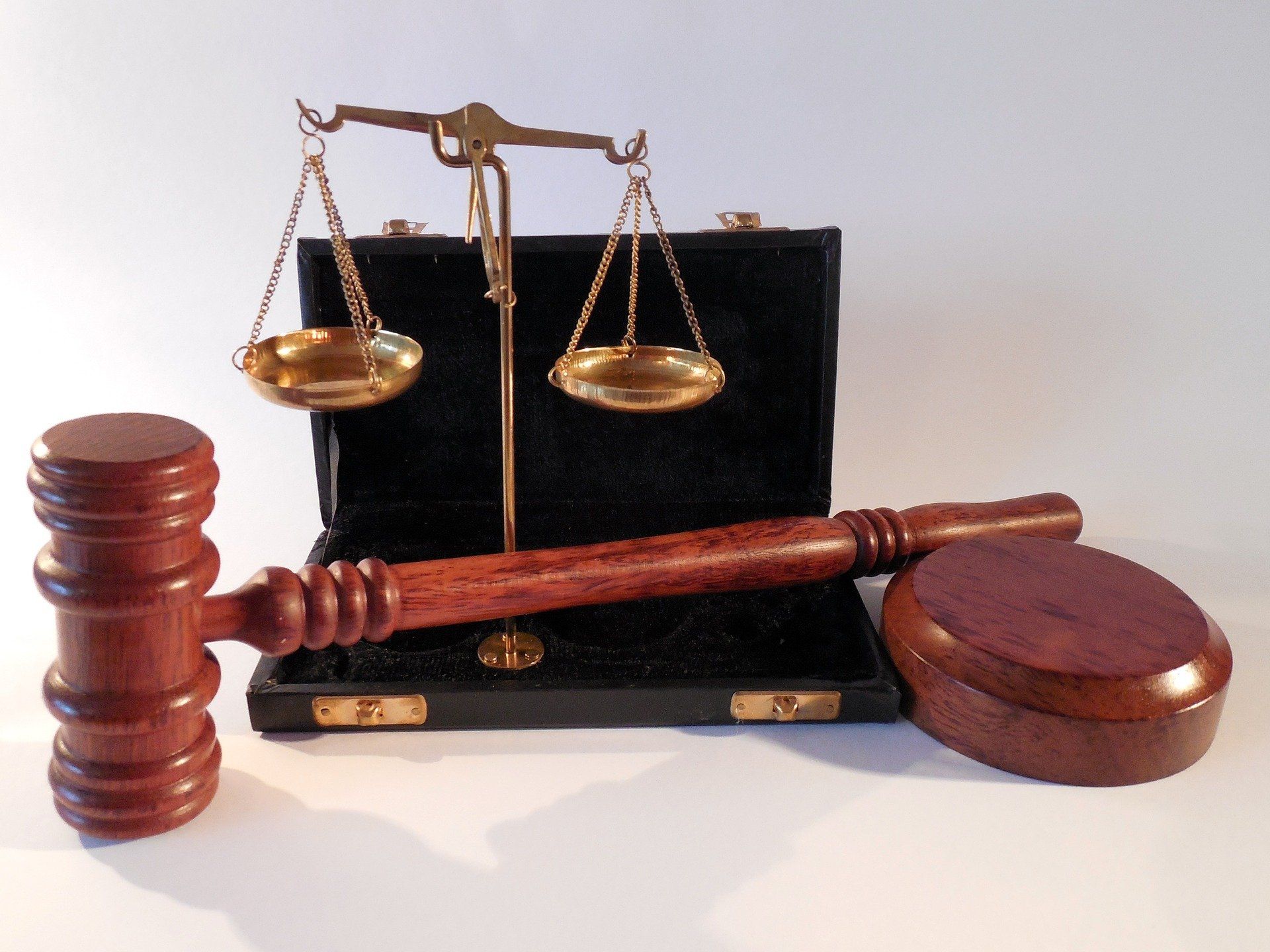
Latest Articles
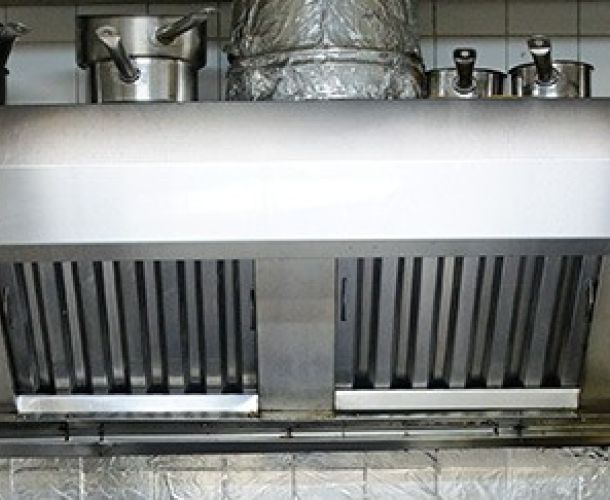
Extraction Cleaning for Food Manufacturer
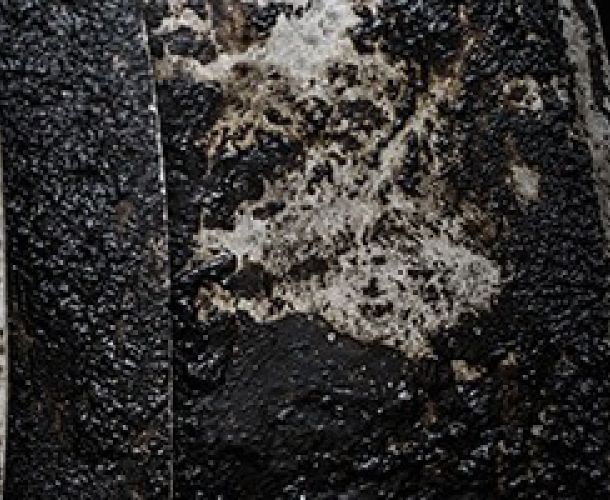
Hazards of Dirty Kitchen Ventilation
